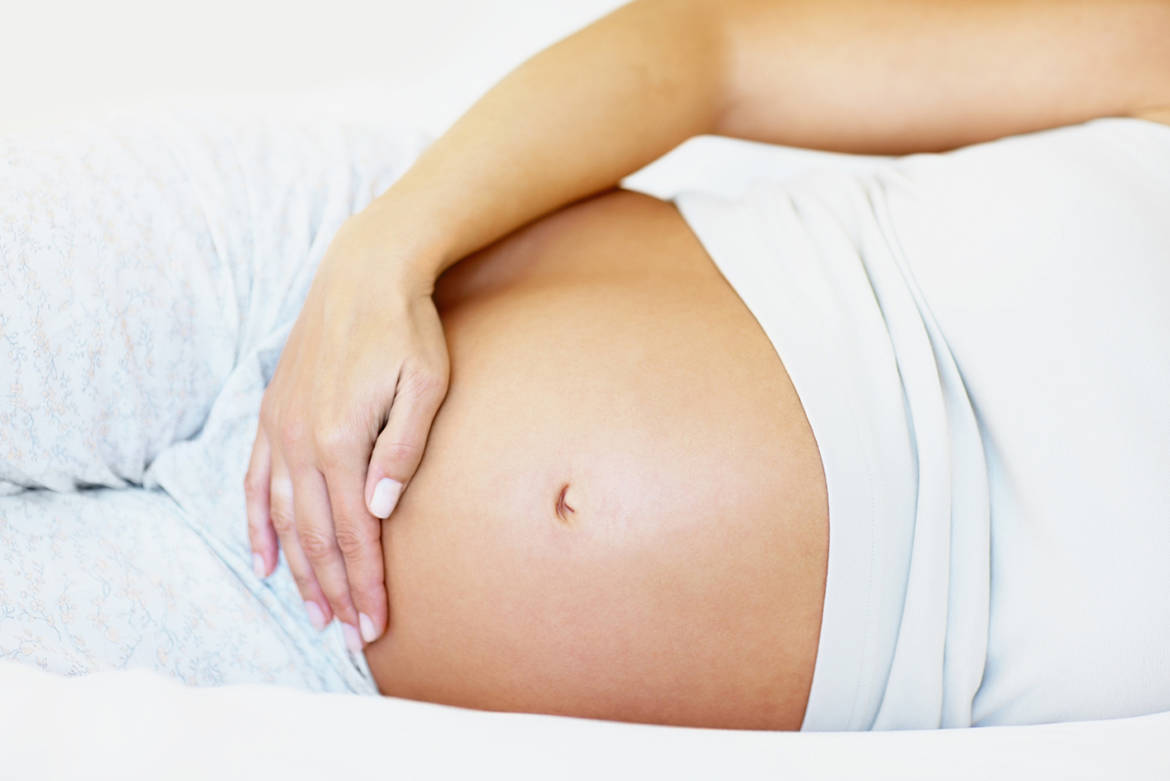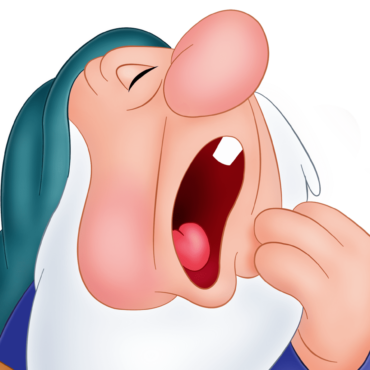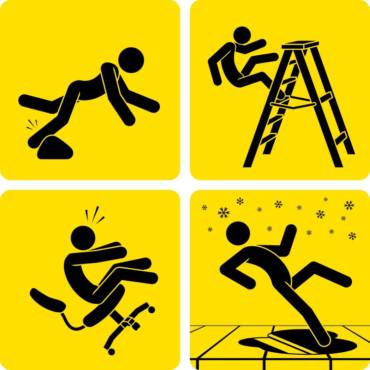Massage and Pregnancy
A pregnant woman experiences a lot of hormonal and physiological changes. Obviously. Even after giving birth, she’ll go through stages of readjustment not just nurturing the newborn, but her own body will need to heal itself from the skin and muscles that have been overstretched, tightened up, torn and weakened. It’s common to get asked whether it’s safe to receive a massage if the client is x weeks pregnant. Every physical therapist and doctor will have his/her own opinion on this. I still get clients to this day cancelling massage appointments as soon as they find out they’re pregnant, because the doctor told them not to have massages, or at least until they’re out of the first trimester.
Let’s talk about what massage will address if a pregnant woman decides to receive one. Common complaints with pregnant women are:
- Discomfort over the lower back and radiating into the hip area
- General tension around the shoulders
- Muscles feeling tight around the neck
- Fluid retention or swelling through the arms, legs or face
- Feeling tight around the front of the hips
- Nausea
- Tiredness
A pregnancy massage can address the above symptoms and give either permanent but more often, temporary results. As the foetus grows and the distribution of weight changes, a woman will experience recurring problems with the tension around her shoulders, lower back and hips. The nausea and tiredness may subside after the first trimester or it may linger for the entire duration of pregnancy. Fluid retention is common during pregnancy but usually subsides a couple of months after giving birth.
Several types of massage could be beneficial. Lymphatic drainage will help with the fluid retention, reflexology to the hands and feet will help with nausea and ease anxiety or a remedial massage will help by partly releasing tight muscles. You don’t want a tight muscle completely relaxed, as it needs to provide a supportive function around the lower back and hips to cradle the foetus.
Feedback is important to the therapist. Does the aroma of some oils exacerbate the nausea? Has your doctor said anything about getting a massage? Are you feeling comfortable if you lay face down on the massage table? Will you need extra cushioning?
The therapist can easily massage you while lying on your side. Some massage therapists have access to a pregnancy bolster, which is simply a firm cushion with a hole carved out so the belly rests comfortably when you’re lying face down.
Certainly a massage after giving birth will help, even if it’s a relaxation massage, by regulating hormonal activity. Through palpation ie. assessment by touch, the therapist should also be able to tell which muscles are weak and need strength building and which can be massaged so you wont feel so sore from constantly carrying, leaning over or feeding the newborn.
“Massages for Camberwell, Caulfield North and Malvern”




